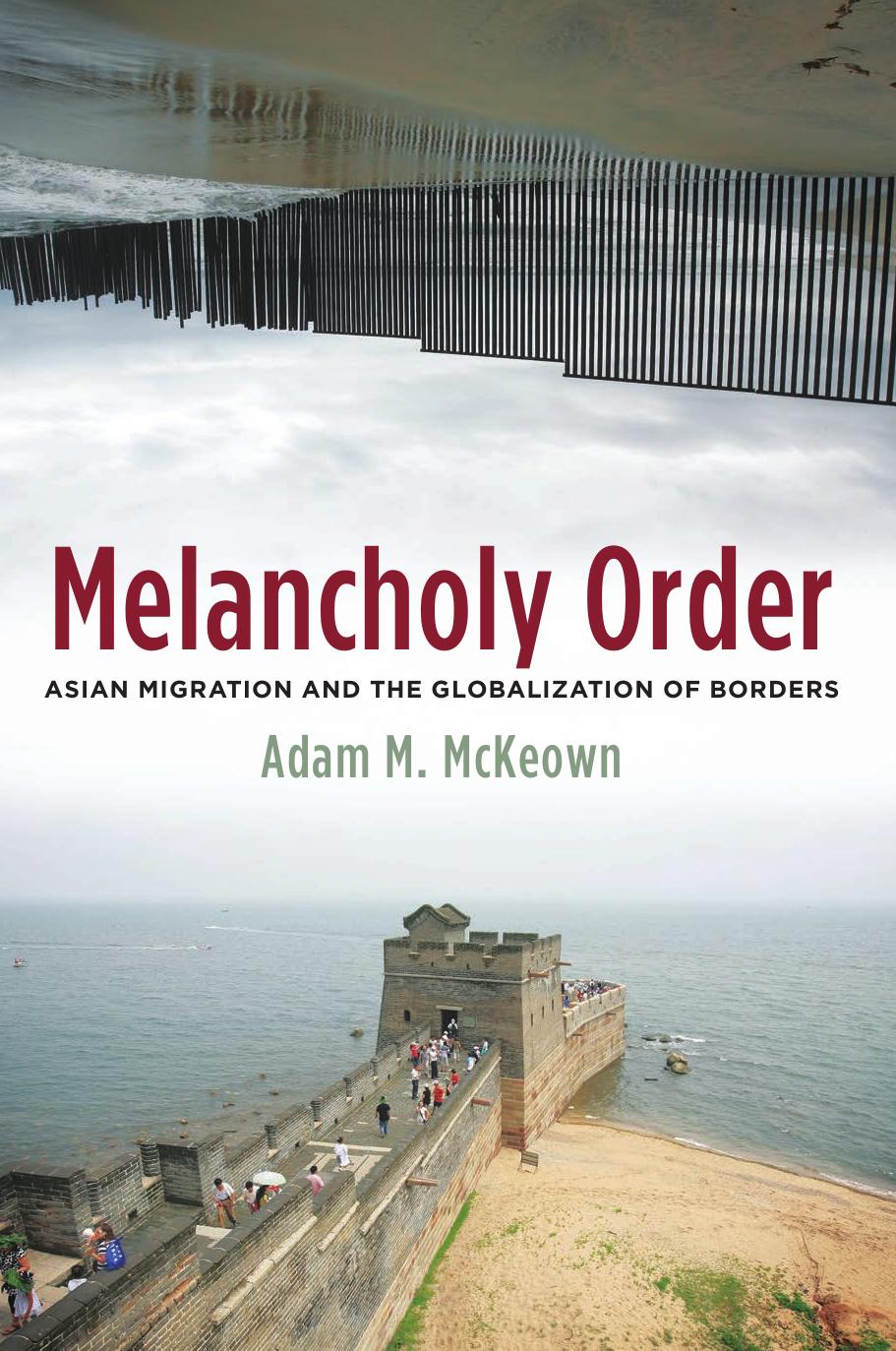

Most ebook files are in PDF format, so you can easily read them using various software such as Foxit Reader or directly on the Google Chrome browser.
Some ebook files are released by publishers in other formats such as .awz, .mobi, .epub, .fb2, etc. You may need to install specific software to read these formats on mobile/PC, such as Calibre.
Please read the tutorial at this link: https://ebookbell.com/faq
We offer FREE conversion to the popular formats you request; however, this may take some time. Therefore, right after payment, please email us, and we will try to provide the service as quickly as possible.
For some exceptional file formats or broken links (if any), please refrain from opening any disputes. Instead, email us first, and we will try to assist within a maximum of 6 hours.
EbookBell Team

0.0
0 reviewsAs Adam M. McKeown demonstrates, the push for increased border control and identity documentation is the continuation of more than 150 years of globalization. Not only are modern passports and national borders inseparable from the rise of global mobility, but they are also tied to the emergence of individuals and nations as the primary sites of global power and identity.
McKeown's detailed history traces how, rather than being a legacy of traditional forms of sovereignty, practices of border control historically rose from attempts to control Asian migration around the Pacific in the 1880s. New policies to control mobility had to be justified in the context of contemporary liberal ideas of freedom and mobility, generating principles that are taken for granted today, such as the belief that migration control is a sovereign right of receiving nations and that it should occur at a country's borders.
McKeown shows how the enforcement of these border controls required migrants to be extracted from social networks of identity and reconstructed as isolated individuals within centralized filing systems. Methods for excluding Asians from full participation in the family of civilized nations are now the norm between all nations. These practices also helped institutionalize global cultural and economic divisions, such as East/West and First and Third World designations, which continue to shape our understanding.